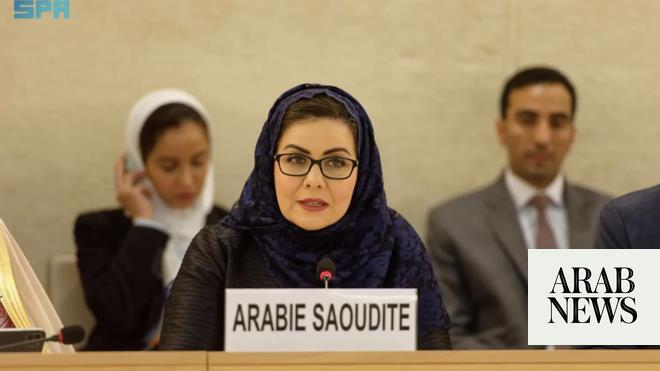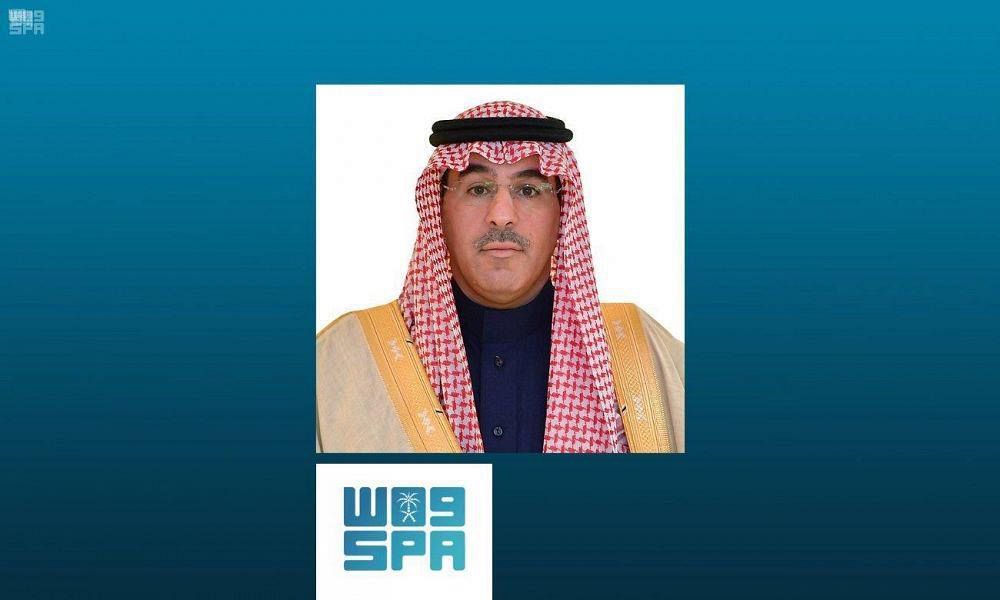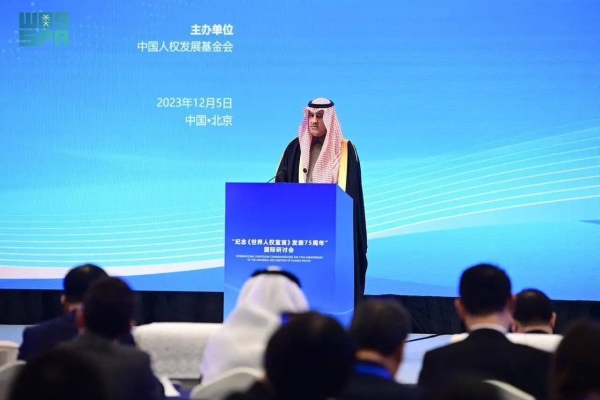
The spotlight on human rights is increasing both domestically and internationally. The UN defines human rights as rights inherent to all human beings. Of course, universalities exist. But each region and country also takes into consideration its own values and cultural norms when preserving human rights in practice.
There is no doubt that the Kingdom of Saudi Arabia’s story is one of transformation. Since the adoption of Vision 2030, this transformation has gone through various phases and has culminated in the unprecedented reforms that have taken place in a few short years. We have achieved more in the area of human rights in four years than many others have in a quarter of a century.
Under King Salman and Crown Prince Mohammed bin Salman, the Kingdom has witnessed reforms across a multitude of spheres and progressed in ways that seemed unimaginable before. More than 60 reforms have been made to improve the situation of human rights in the Kingdom, of which 22 related to women’s rights. We have adopted new regulations on the personal status of women, along with reformed custody and anti-harassment laws. Additionally, female workforce participation is no longer a target but a priority that we are steadily achieving. We have taken it one step further by ensuring salary parity in our legislation, which many women around the world are still fighting to achieve. Civil and labor laws have also been revamped to support foreign workers’ rights.
Of course, like other countries, we have our challenges but, more than at any other time, we have the opportunity to overcome them.
While being party to numerous international human rights instruments and believing in the universality of human rights, we, like other nations, take into consideration our own values, history and culture. In fact, international standards of human rights recognize national and regional particularities and various historical, cultural and religious backgrounds, as stipulated in the 1993 Vienna Declaration and Program of Action. Practical implementation of human rights differs from one state to another. For example, in some parts of the world, individual and personal rights are paramount, whereas in others more significance is placed on the rights of the community and the preservation of social cohesion.
The Kingdom has witnessed reforms across a multitude of spheres and progressed in ways that seemed unimaginable before.
Dr. Awwad Al-Awwad
Since Saudi culture is deeply rooted in social cohesion and is consensus-based, change may have to unfold at a pace comfortable for Saudi society. We also take pride in our values and traditions that carry us into the future with our culture intact. We have come a long way and will continue to do more. What remains certain though is our commitment to enhancing the quality of life in the Kingdom and guaranteeing the protection of all human rights.
The reality is Saudi society encompasses a spectrum of views, some conservative, while others not as much. Each end of the spectrum matters because, ultimately, we are living in our community together. And we are a consensus-based society.
The promotion and protection of human rights is a valued principle in Saudi Arabia and is regarded as a priority by the leadership of the Kingdom. At the Human Rights Commission, we will ensure that no effort is spared to protect and promote human rights, and will continue to uphold human dignity.
Dr. Awwad Al-Awwad is president of Saudi Arabia’s Human Rights Commission
Disclaimer: Views expressed by writers in this section are their own and do not necessarily reflect Arab News" point-of-view











